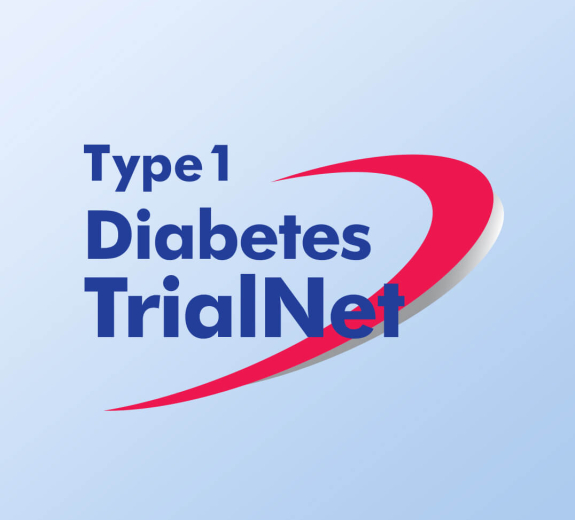
Carla Greenbaum, MD, Leads Type 1 Diabetes Prevention Studies
If someone in your family has Type 1 diabetes, you and other family members may be at risk. Relatives of people with Type 1 diabetes have a 15 times greater risk of developing the disease than people with no family history. Carla Greenbaum, MD, director of the BRI Diabetes Research Program, and her colleagues at TrialNet are studying whether Type 1 diabetes can be prevented in people at high risk.
“Many encouraging results have occurred recently in diabetes research,” says Dr. Greenbaum. “We are now able to predict who is at risk for developing Type 1 diabetes and when they might develop it. We have some therapies that were shown to preserve insulin secretion for a while in people newly diagnosed with Type 1 diabetes. We are now testing these therapies to see how they work in people at risk for the disease. Family members of people with Type 1 diabetes can be tested to determine their risk of developing diabetes and to determine if they’re eligible for a prevention trial.”
The Diabetes Clinical Research Program at Benaroya Research Institute is the Type 1 Diabetes TrialNet Clinical Center for the Pacific Northwest. TrialNet is a network of 18 clinical centers located worldwide that conduct prevention research for persons at risk for Type 1 diabetes and to study intervention therapies for children and adults with newly diagnosed diabetes. For more information on TrialNet, visit diabetestrialnet.org.
Type 1 diabetes is an autoimmune disease in which the immune system attacks and destroys the cells in the body that produce insulin. People need insulin in order to survive. Proteins called autoantibodies are markers of the destruction. TrialNet offers a screening test that detects these autoantibodies in the blood up to 10 years before someone is diagnosed with Type 1 diabetes. A major goal of the TrialNet studies is to delay or prevent diabetes in people with these autoantibodies.
Those who can be tested include:
People from 1 to 45 years old who have a parent, child, brother or sister with Type 1 diabetes.
People 1 to 20 years old who have a niece, a nephew, an aunt, an uncle, a grandparent, a half-brother, a half-sister or a cousin with Type 1 diabetes.
Those who test positive for autoantibodies can choose to be monitored and may be eligible for several prevention trials.
Oral Insulin Prevention Trial
TrialNet is testing oral insulin to see if it helps to delay or prevent Type 1 diabetes. Results from a recently completed study (called DPT-1) suggest that oral insulin might delay or prevent Type 1 diabetes in some people found to be at risk.
Teplizumab Prevention Trial
Teplizumab is a medication that has shown promise in preserving insulin secretion in people with newly diagnosed Type 1 diabetes. This study is testing whether this drug helps stop or slow down the autoimmune attack that destroys insulin-producing cells in people who are at high risk of developing Type 1 diabetes. These are people estimated to have a 75 percent risk of developing the disease over the next five years.
New Abatacept Prevention Trial
In an earlier clinical research study, TrialNet tested the medication abatacept in people who had recently been diagnosed with Type 1 diabetes. The people in the study who received the drug kept producing their own insulin longer than people in the study who did not receive abatacept. This new study will test whether abatacept can preserve insulin-producing cells in people who are at high risk of developing Type 1 diabetes.
For more information on diabetes screening or studies, please call 800-888-4187, email diabetes@benaroyaresearch.org or visit our diabetes research program.


